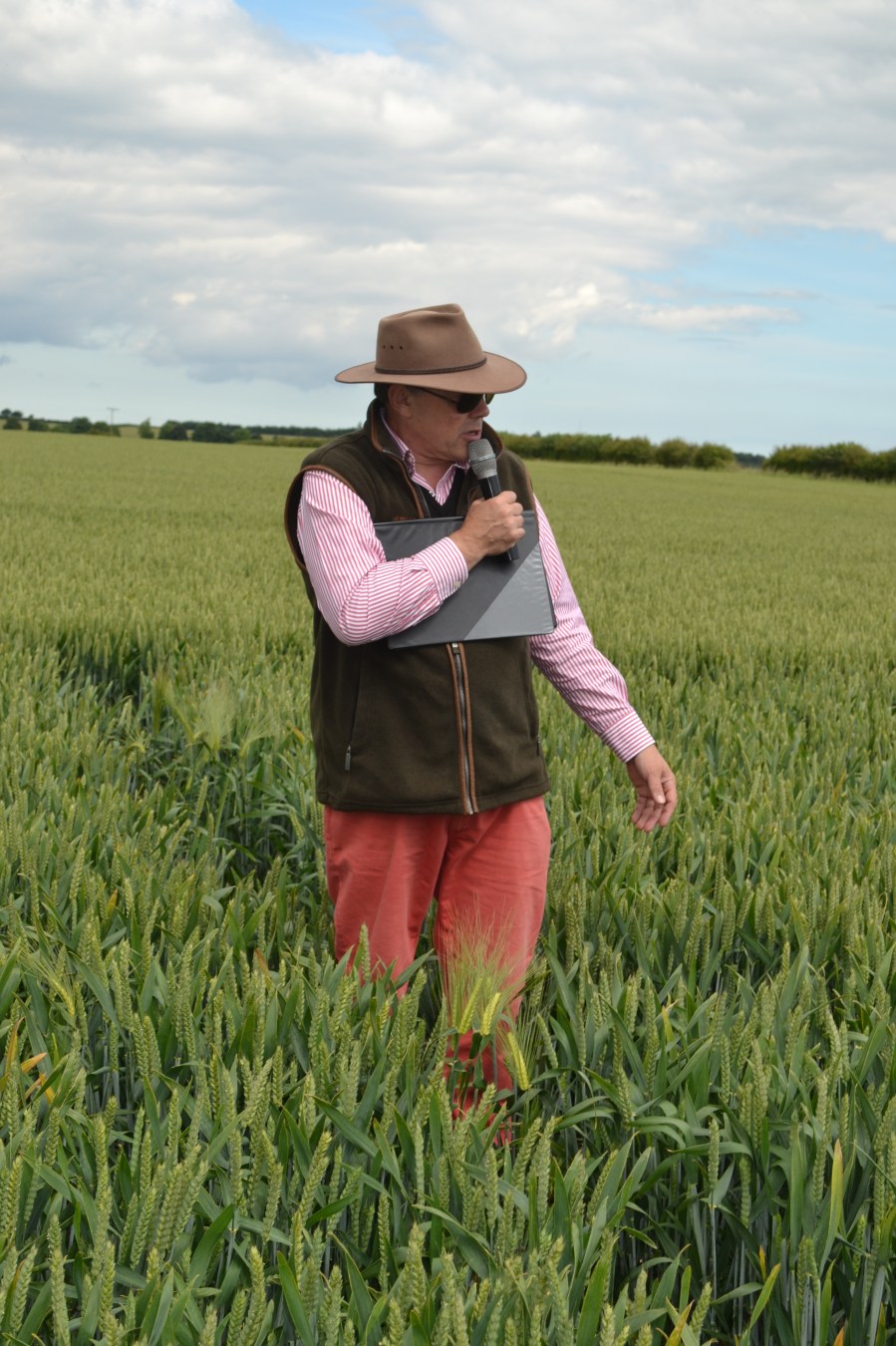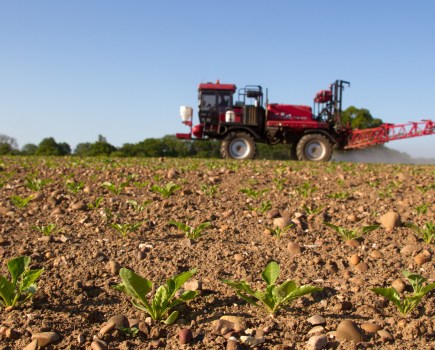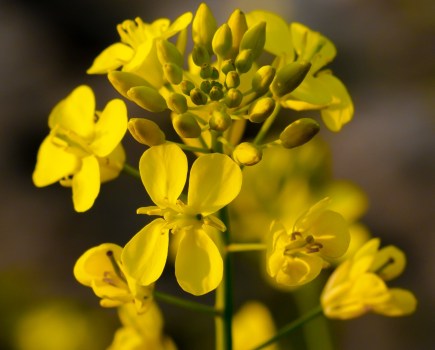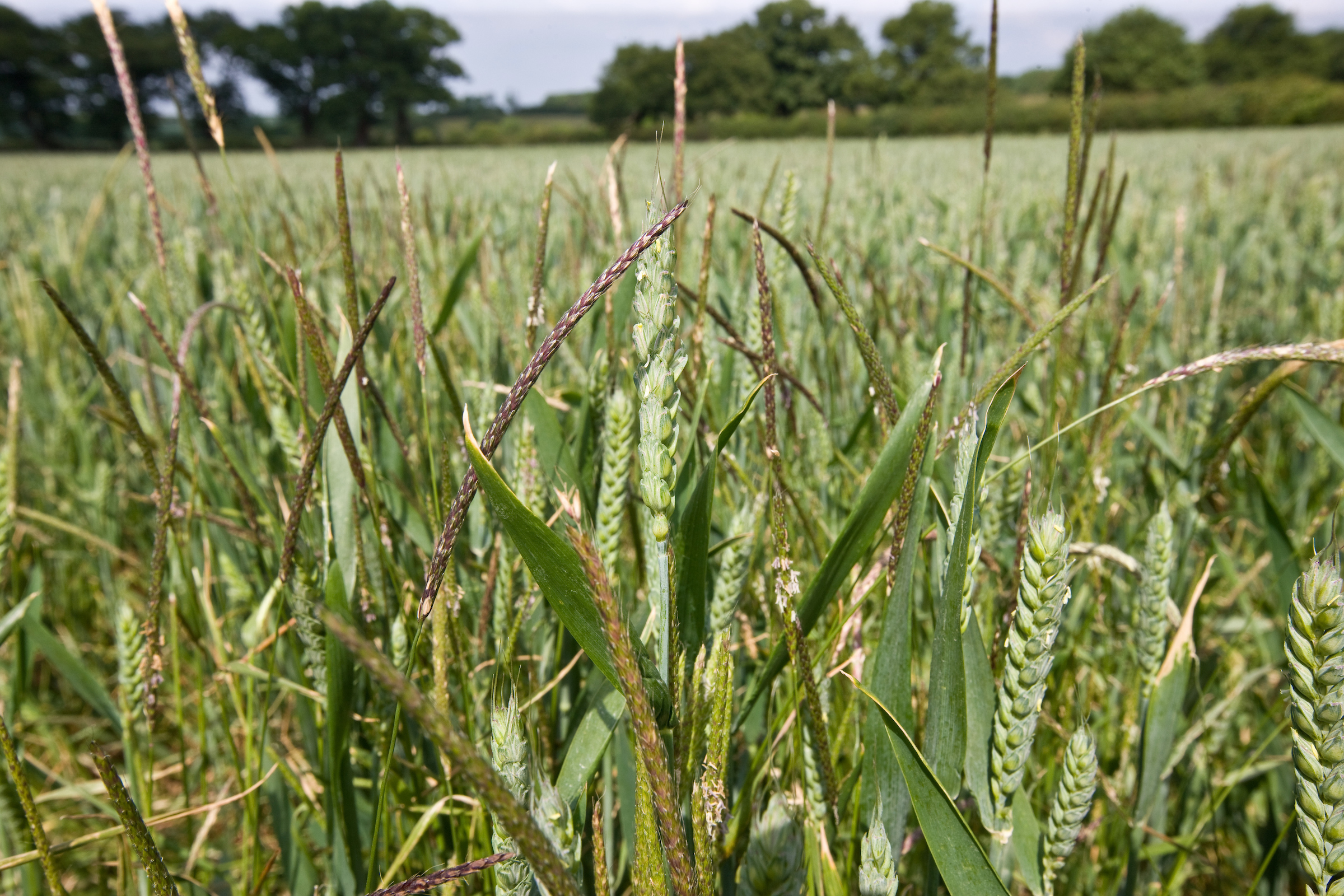 The arable sector was saddened by the passing of Dr Christopher Green last month, following a battle with oesophageal cancer. CPM looks back on his life and career.
The arable sector was saddened by the passing of Dr Christopher Green last month, following a battle with oesophageal cancer. CPM looks back on his life and career.
Born in 1958, Dr Christopher F Green (son of Corinne and Peter Green) spent many summer holidays driving combines on the Cambridge Fen, despite having no farming background – which subsequently sparked his interest in agriculture.
At the age of 16 he met Dr L V Vaidyanathan, an eminent soil scientist working at the time with the Agricultural Development and Advisory Service (ADAS).
‘Vaidy’ introduced Chris to the delights of agricultural research and data analysis and as a result he undertook a BSc in Soil Science at the University of Leeds, graduating in 1980.
Between 1984 and 1987, Chris undertook post-Doctoral research work at the University of Nottingham, funded by the Ministry of Agriculture.
Working in association with his old mentors Prof Ivins and Dr Vaidyanathan, and closely with Rothamsted Research Station, Chris published many peer-reviewed papers on a variety of topics from plant growth regulation of sugar beet to sowing dates and rates of cereals.
These, together with numerous articles published in leading agricultural magazines, secured Chris’s name as a notable agricultural scientist, which later led to him being asked to act in the High Court as an expert witness on numerous occasions while still only in his 20s.
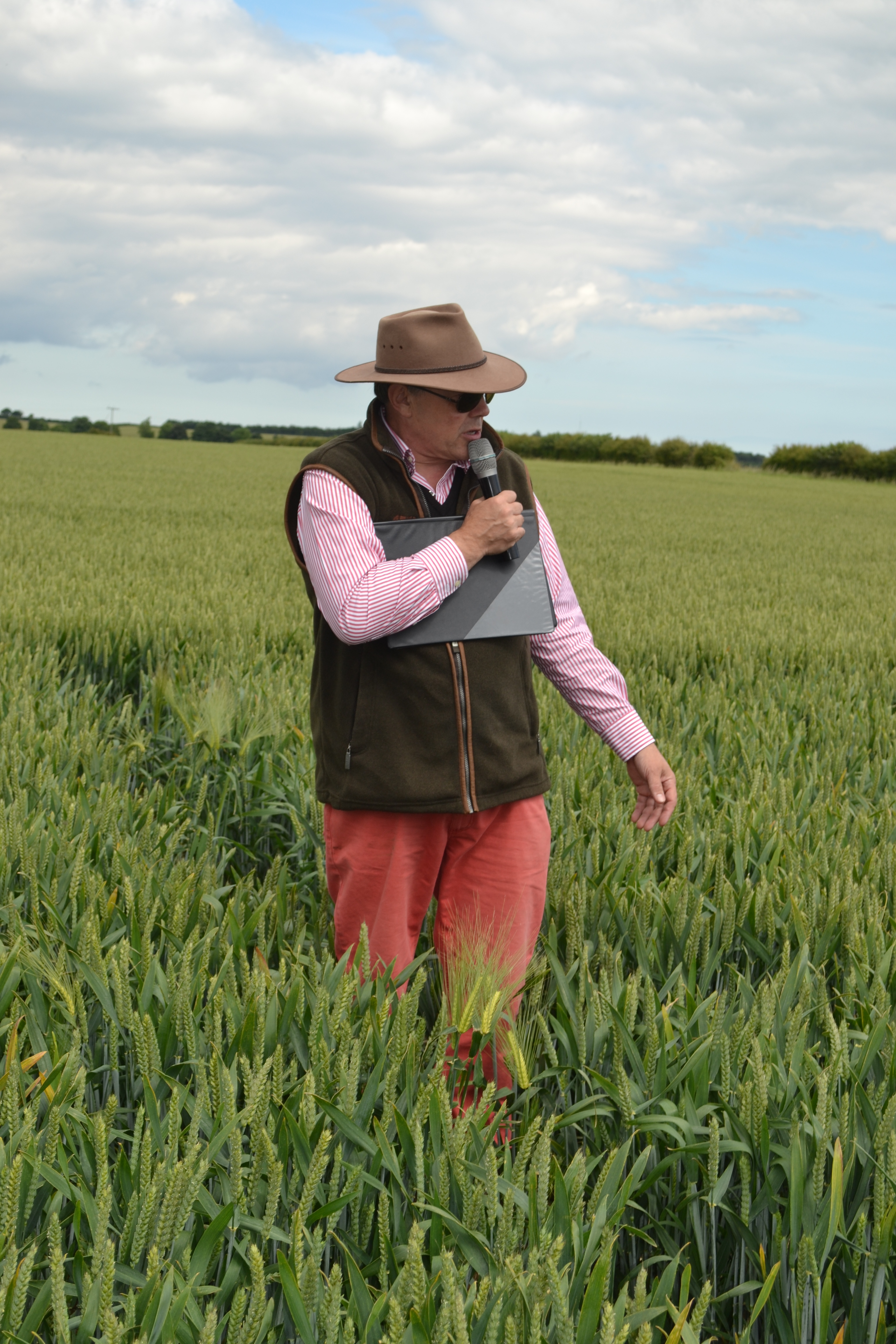
Crop Management Information
During Chris’s time at Sutton Bonington, University of Nottingham, he met two characters who would be instrumental in the establishment of his future career: Simon Packe-Drury-Lowe, a major landowner of a 2,500-acre estate at nearby Prestwold Hall, who had a keen interest in soil management; and Ian Chalmers, an agronomist working for Ryehill Farm Service.
These three individuals, together with Prof Ivins, established Crop Management Information Ltd.
Over the following year, Chris recruited a small, scientifically trained team who would sift the vast amount of trials’ data generated each year globally (both published and unpublished) and condense this into training packages which were delivered to groups of farmers three times a year.
Many farmers commented that this approach rekindled their passion for their businesses and it not only made them more profitable and more resilient, but also enabled them to manage their land with regard to the environment.
Chris was deeply committed to his clients and considered it unethical to speak publicly or to publish information for which they had paid.
While perhaps ethical, it was an attitude that made business development somewhat challenging and he remained generally unknown outside this circle of clients.
However, he was always swamped with work and his network and influence was immense: There are few who have influenced so many key people within the industry.
Optimism for the future
Despite his distrust of Brexit, Chris died optimistic for the future of British farming. He said that the general standard of young people that he had trained recently was far higher than those of the early years, and that he was particularly impressed by the ability of the increasing numbers of young women now coming into the industry.
Chris was always willing to allow his long serving staff to follow their enthusiasms both inside and outside the company, and exercised control with a very light rein. He never insisted that anyone else replicated his own prodigious capacity for work.
Utterly intolerant of “can’t”, he had no time for sloppy thinking. While he had an ability to understand issues and solve problems well beyond the norm, he combined this with kindness and patience to use this gift to help any who asked.
He died on Sunday 27th January 2019 in Lincoln Hospice.

